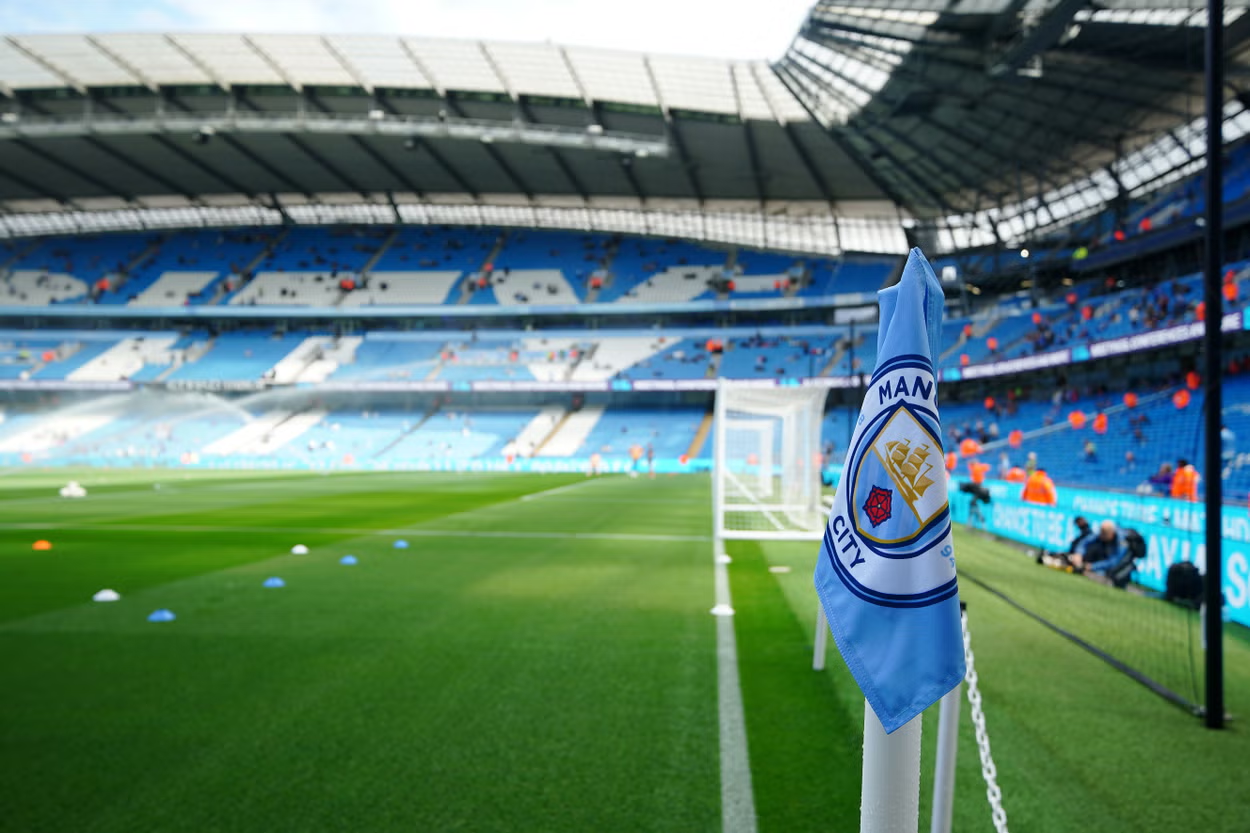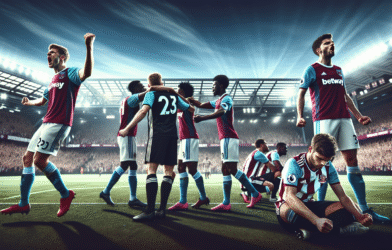Subtotal $0.00
Settlement Reached Between Manchester City and the Premier League
Manchester City and the Premier League have resolved a long-running dispute over how associated party transactions are regulated. The settlement confirms that the Associated party transactions rules are valid and binding in the league’s governance framework. City had challenged the new framework, arguing it exceeded the league’s powers. The parties announced the deal after constructive negotiations, with no public disclosure of the terms. The public message is clear: the Associated party transactions rules will govern City’s current and future commercial arrangements. This outcome preserves the integrity of English football’s regulatory regime and maintains a level playing field for all clubs.
City’s acceptance signals a formal end to the litigation and a commitment to compliance. The plan includes reporting, oversight, and governance expectations that accompany the APT framework. While the details of the settlement remain confidential, the public stance emphasizes stability and predictability for clubs and sponsors alike. Analysts note that this resolution reduces uncertainty around how linked-party deals are scrutinized in high-stakes commercial arrangements. For fans, the news reinforces that governance bodies can enforce rules consistently across the division. Read more about the APT rules on the Premier League site here: Premier League governance framework.
City Accepts Associated Party Transactions Rules as Valid and Binding
City now confirms that the Associated party transactions rules are valid and binding on its ongoing and future commercial arrangements. City says it will comply with all reporting, oversight, and governance requirements that accompany the framework. The club recognizes that related-party deals require robust scrutiny to maintain fairness and sponsor confidence. The APT framework is designed to prevent conflicts and to ensure transparency in complex sponsorships, media rights, player agreements, and other commercial contracts. By acknowledging the rules, City aligns itself with the league’s standard for disclosure and accountability.
The club will implement enhanced internal controls and appoint or maintain independent oversight as needed. For rival clubs and sponsors, this clarity reduces ambiguity around what constitutes a linked-party transaction and how it should be reported. The overall effect is a more predictable regulatory environment across English football, with the Premier League able to enforce consistency. Stakeholders will watch how City integrates these requirements into its governance and reporting cycles. See more on APT reporting guidelines here: BBC Sport coverage.
Legal Challenge Over New APT Rules Comes to an End
The legal fight over the newly introduced APT rules has now ended with a settlement. Manchester City argued that the associated party transactions rules were unlawful or beyond the Premier League’s powers. The parties, however, have opted to resolve the dispute without a court ruling on the merits of the legal question, effectively placing the APT framework beyond further appellate wrangling in this case. The decision preserves the existing regulatory regime and avoids a protracted courtroom fight that could have unsettled other clubs.
The end of the challenge brings legal clarity for clubs and sponsors alike. It signals that the Premier League will enforce related-party deal rules as part of its governance architecture. Analysts suggest the settlement may influence how future disputes are framed and resolved, possibly prompting refinements to the APT guidelines to improve clarity or enforcement mechanisms. Fans and stakeholders gain confidence that the league can uphold its standards without dragging the sport into legal limbo. For more on APT, see the Premier League governance page here: Premier League governance framework.
Implications for Governance and Compliance in English Football
The settlement has broad implications for governance and compliance across English football. By affirming the APT rules, the Premier League reinforces a single framework for scrutinizing linked-party deals, from sponsorships and licensing to player agreements and data partnerships. The Associated party transactions rules are now a settled standard across the league. Clubs face clearer expectations around disclosures, governance oversight, and related-party reporting. For owners and board members, the decision provides a more predictable compliance landscape, which in turn supports sponsor confidence and broadcast partnerships. The rule set aims to deter conflicts of interest and to promote integrity in commercial activity connected to club ownership or control.
Analysts expect the episode to push clubs to strengthen internal controls and risk management. The APT rules may drive more practice-based guidance, training, and independent audits. In the broader football ecosystem, regulators and investors will look for consistency in how similar cases are treated, potentially influencing other leagues and regulators. The public nature of the settlement also sends a message about transparency and accountability in governance. For additional context, see the Premier League governance resources here: Premier League governance framework.
Details of Settlement and Future Compliance Considerations
Details of the settlement terms remain confidential, but both sides underscore their commitment to ongoing compliance under the APT framework. Manchester City will operate within the reporting, oversight, and governance requirements that accompany the rules. The settlement makes clear that existing and future commercial arrangements involving linked parties will be subject to heightened scrutiny and regular review by the Premier League and, where appropriate, independent auditors. In practice, clubs should anticipate tighter reporting cycles, enhanced internal controls, and clearer definitions of related-party relationships.
For clubs across the division, the key takeaway is to strengthen governance around corporate groups and sponsorship networks. The pathway to compliance includes robust data collection, frequent internal audits, external assurance where required, and continuous staff training. The Premier League is likely to publish more detailed guidance and may adjust its guidelines to address recurring questions or edge cases. Stakeholders should stay tuned for updates on governance materials and timelines for mandatory disclosures. External sources: BBC Sport coverage and Premier League governance resources.
















